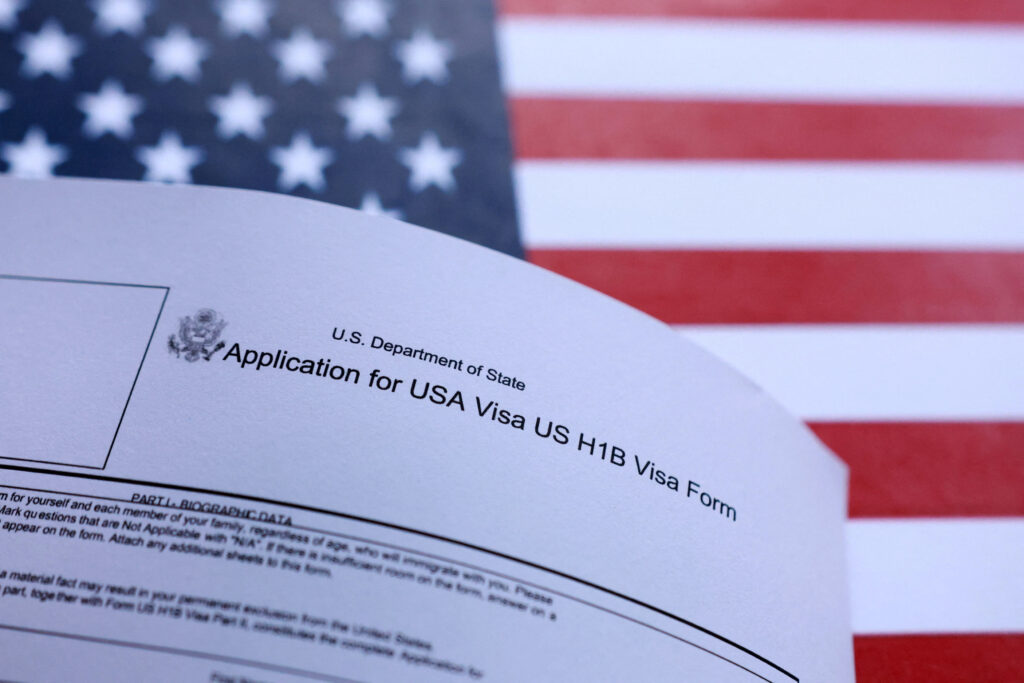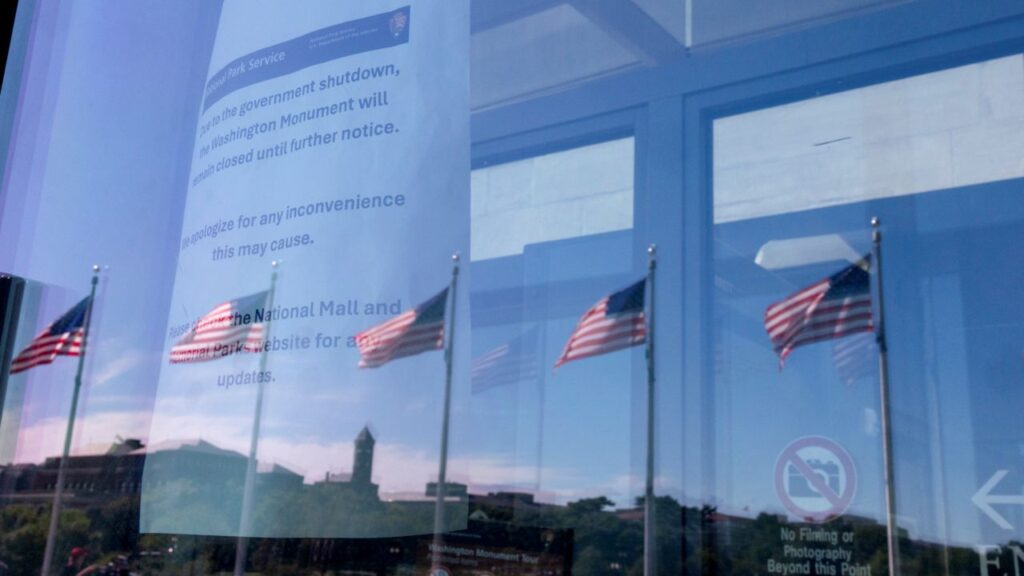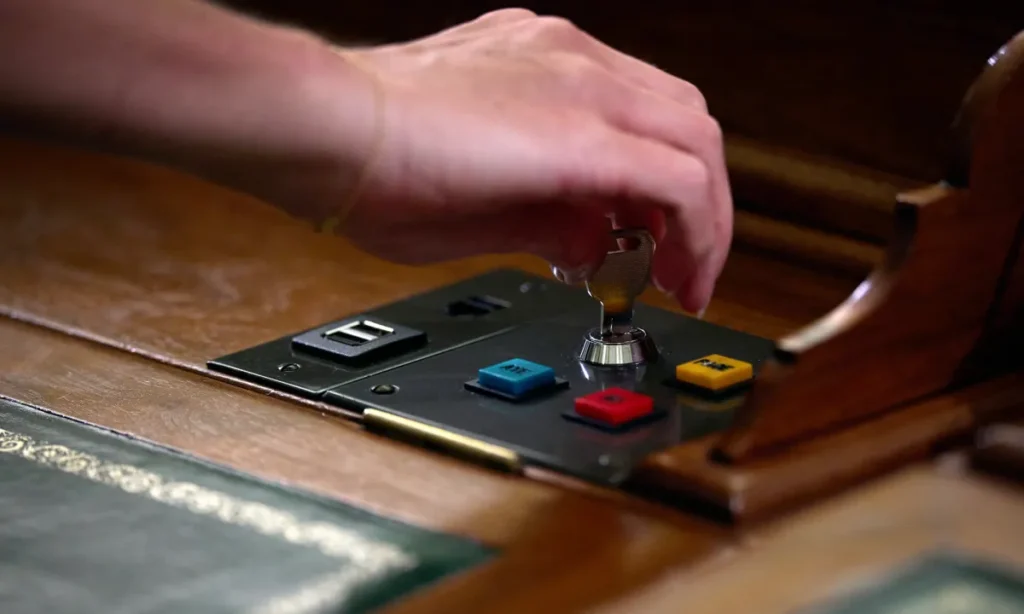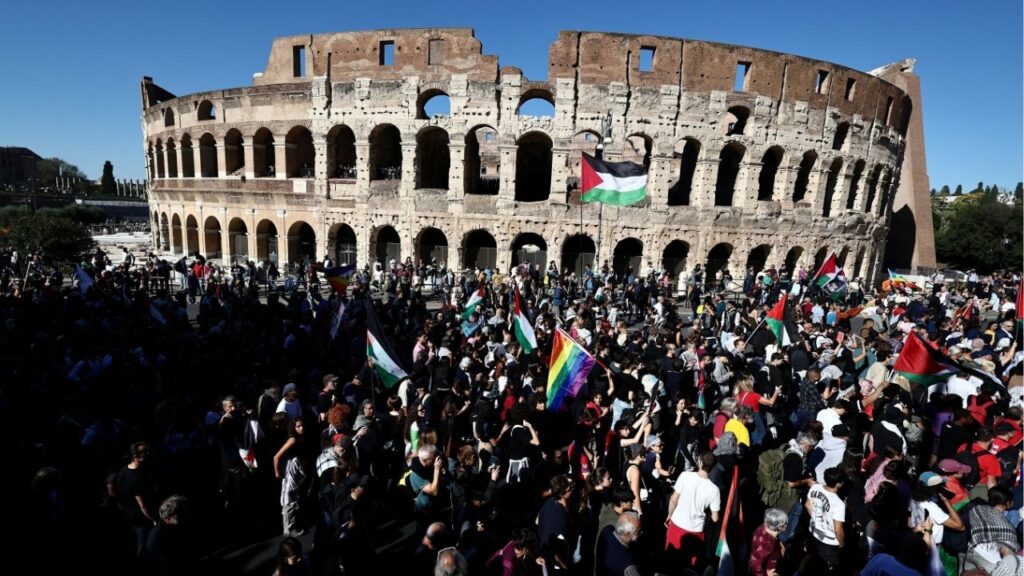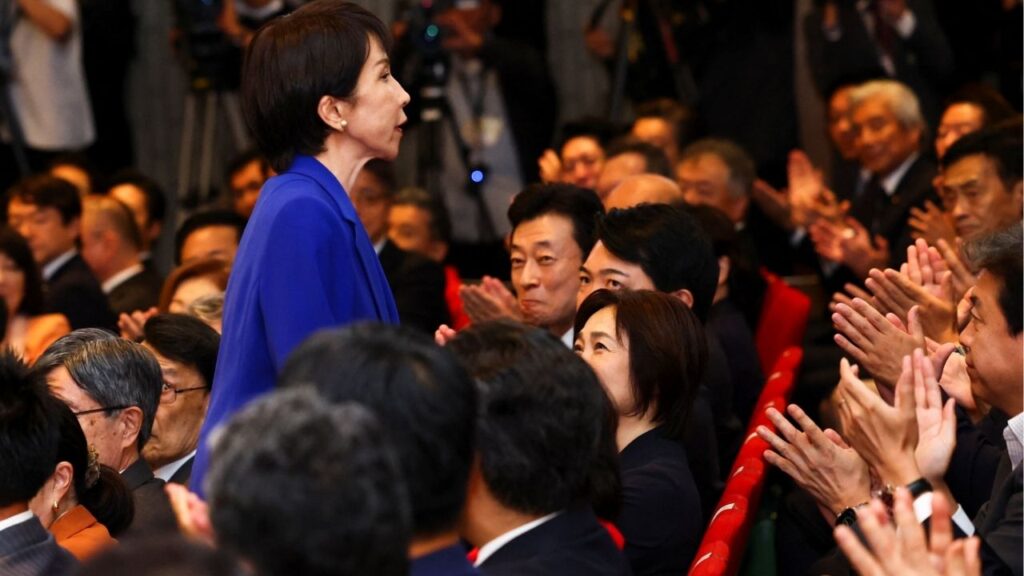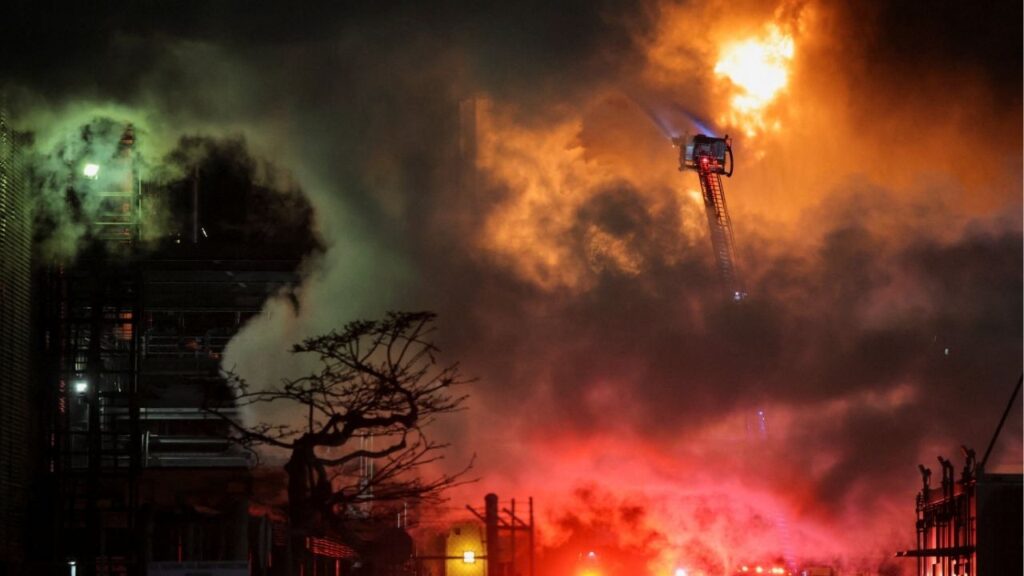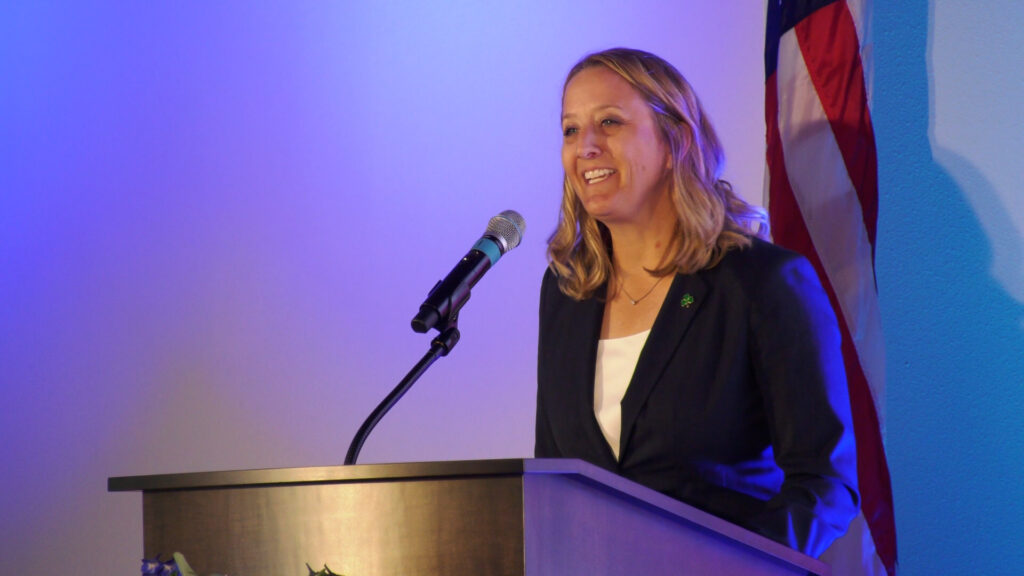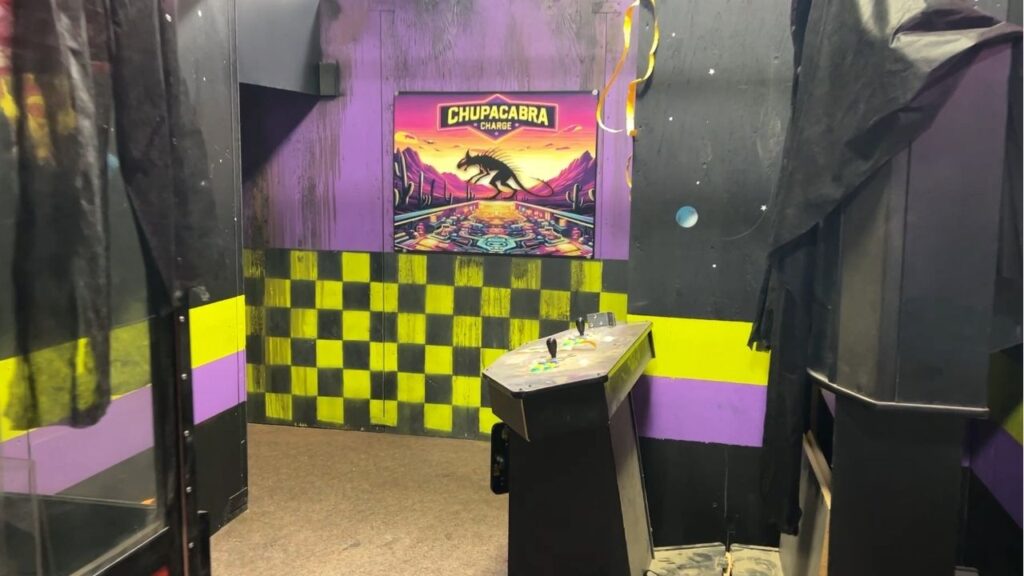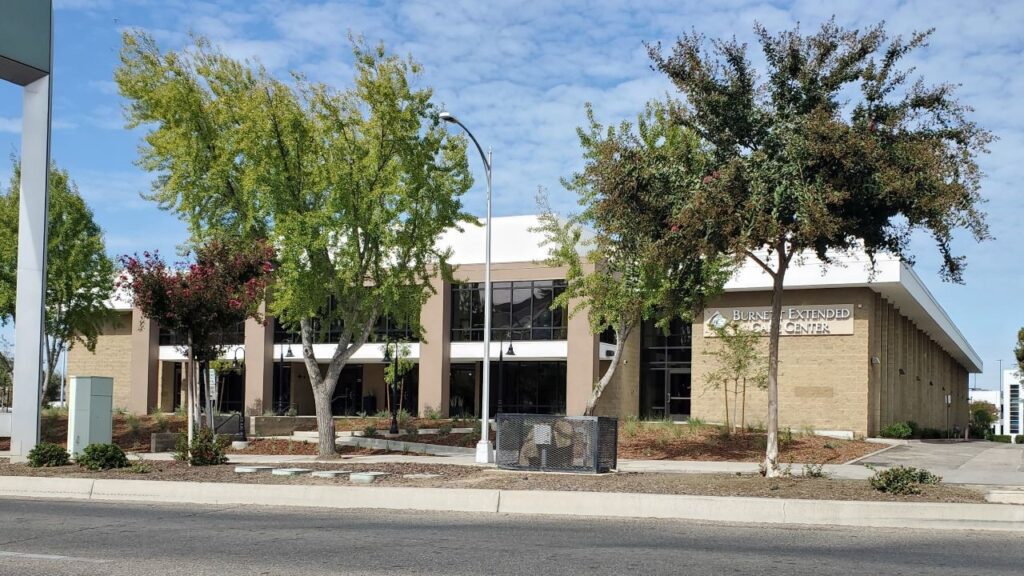Share
|
Getting your Trinity Audio player ready...
|
A recent wave of protests in Israel against a judicial reform proposed by Prime Minister Benjamin Netanyahu has highlighted the deep divisions within the country.
A survey conducted by the Pew Research Center last spring before the Israel-Hamas war revealed that Israelis are split in their opinions of Netanyahu and perceive a high level of political conflict in their society.
Netanyahu’s Approval Ratings
The survey found that 52% of Israelis viewed Netanyahu unfavorably, while 47% had a favorable opinion of him.
However, these views were heavily influenced by political affiliations. Supporters of Netanyahu’s conservative Likud party and his governing coalition overwhelmingly viewed him positively, with 97% expressing a favorable opinion. In contrast, only 7% of those who did not support the governing coalition had a positive view of Netanyahu.
The survey also revealed ideological divisions, with 85% of right-wing respondents viewing Netanyahu favorably, compared to 15% in the center and 6% on the left. Jewish and Arab Israelis also differed in their views, with 57% of Jewish Israelis and only 10% of Arab Israelis expressing positive opinions of Netanyahu.
Perceptions of Conflict in Israeli Society
The survey also found that most Israelis perceive their society as being deeply divided. Over 70% of respondents saw strong conflicts between the political left and right, as well as between Arab and Jewish Israelis. The Arab-Jewish conflict was particularly notable, with nearly half of Israelis viewing it as a very strong conflict.
Majorities also perceived strong conflicts between supporters of different political parties and between religious and non-religious individuals. Younger Israelis generally perceived these conflicts as more serious than their older counterparts.
Arab and Jewish Israelis largely agreed on the areas of conflict within society, with both groups identifying political and ideological strife and conflicts between Arab and Jewish Israelis. However, Jewish Israelis were slightly more likely than Arab Israelis to perceive very strong conflicts between Arab and Jewish Israelis.
Among Jewish respondents, there were significant differences in perceptions of conflict between Arab and Jewish Israelis, with 94% of Haredi/Dati Jews perceiving such conflicts, compared to 69% of Masorti Jews and 56% of Hiloni Jews.
Read more at Pew Research Center.





